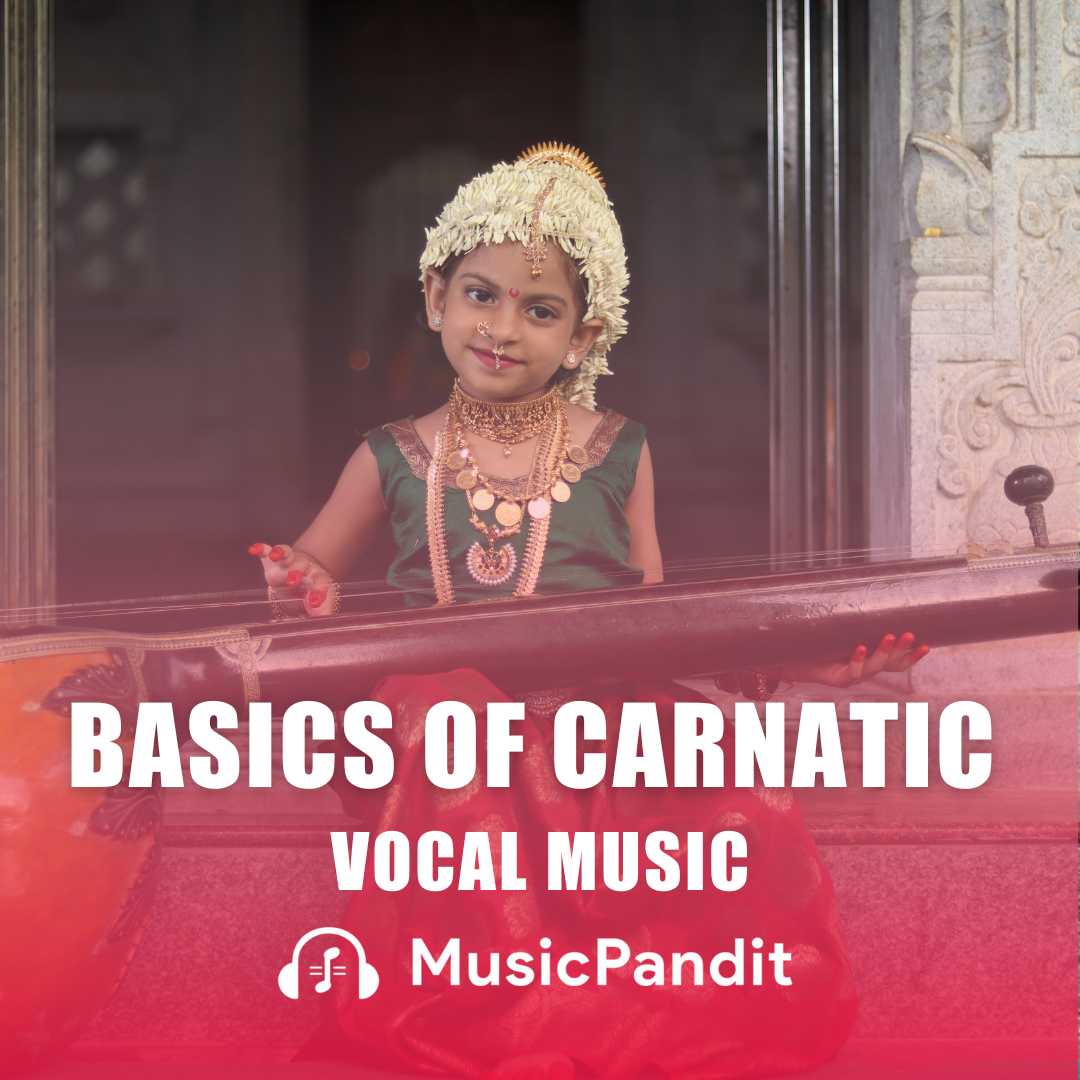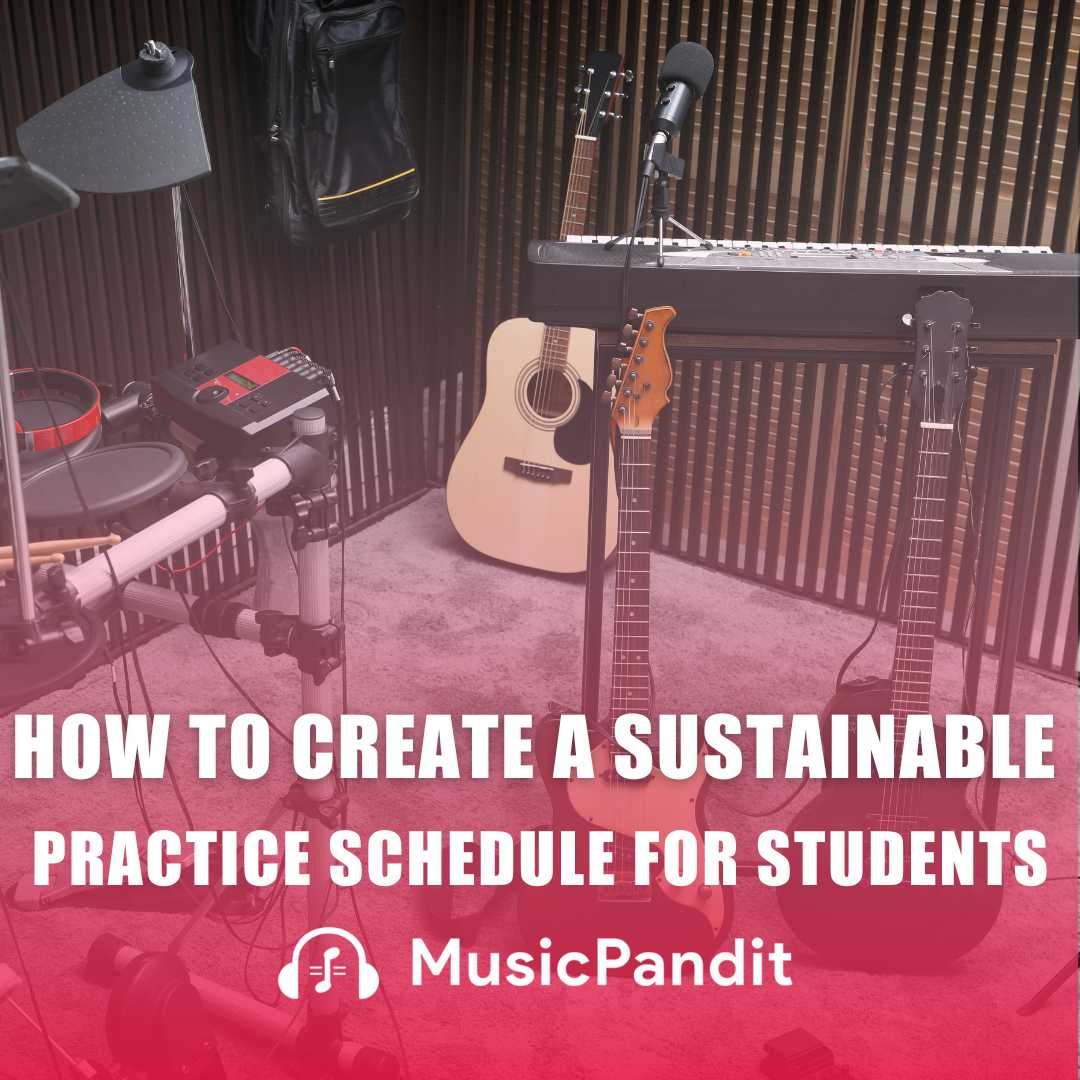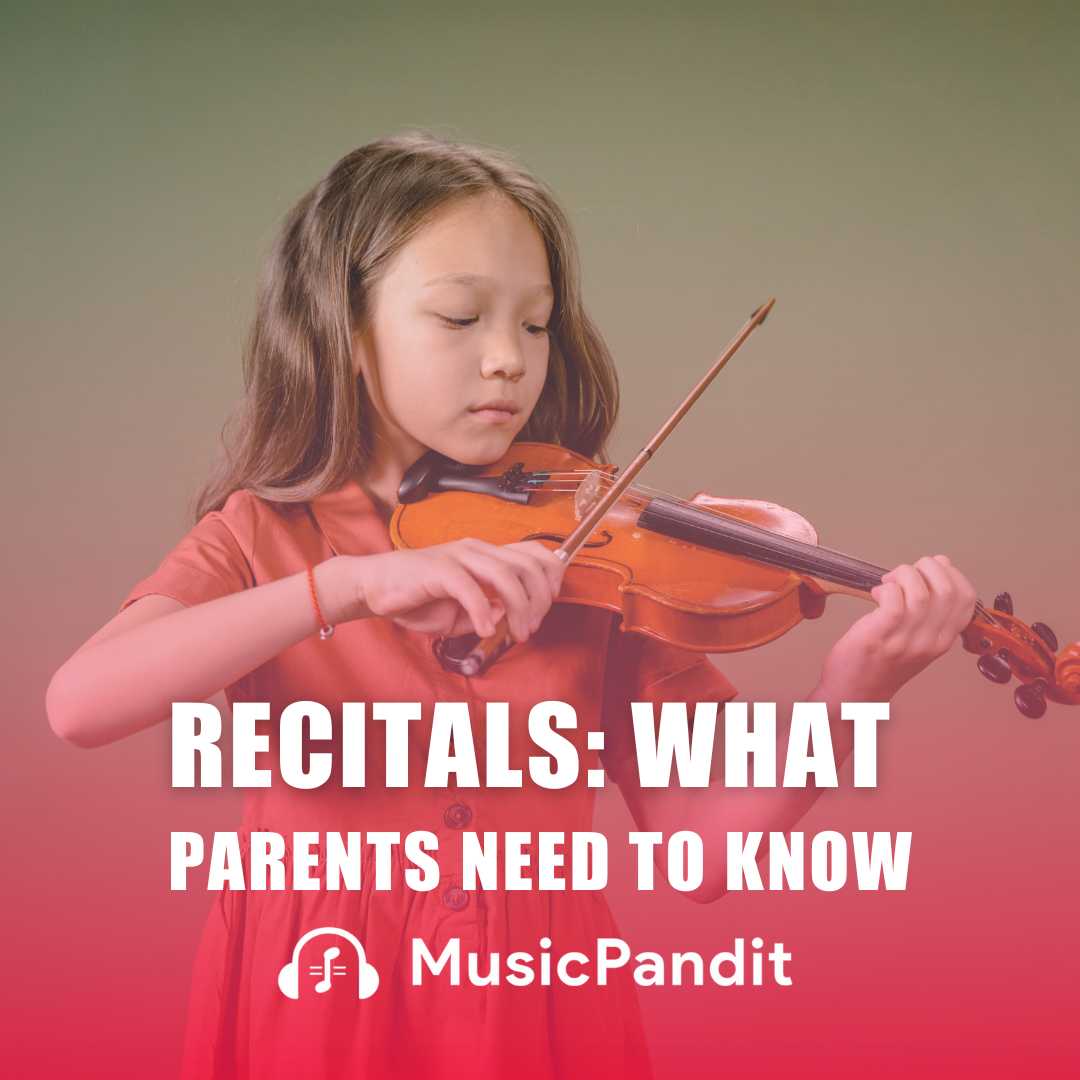Learning Indian classical singing is a deeply enriching experience for children, offering lifelong skills, discipline, and an appreciation for cultural heritage. But as a parent, one of the most common questions you might have is: How long will it take for my child to learn Indian classical singing?
The journey of mastering this art form varies significantly from student to student, depending on various factors such as age, dedication, practice, and the guidance of a skilled guru. In this article, we’ll explore the time frame involved in learning Indian classical music, what parents can expect, and tips for ensuring that the journey is rewarding.
Indian Classical Music’s Structure
Indian classical music is highly structured and has a rich tradition of both Hindustani and Carnatic styles. Both follow a rigorous progression from foundational lessons, such as Sa, Re, Ga, Ma (the basic notes), to more advanced techniques like Ragas (melodic frameworks) and Taalas (rhythmic cycles). The complexity increases over time, and each level requires mastery before moving forward.
Time Frame for Learning the Basics
On average, it takes about 6 months to 1 year for a child to grasp the fundamentals of Indian classical singing, which includes understanding basic notes, scales, and rhythms. This initial period is crucial as it lays the groundwork for more advanced learning. During this time, children typically learn simple songs or devotional pieces to build their vocal confidence.
Factors That Influence the Learning Time
a) Child’s Age and Grasping Ability
The younger a child begins learning, the more receptive they are to new sounds and techniques. While children as young as 5 or 6 can start learning Indian classical music, their learning pace is often slower due to shorter attention spans. Older children, especially those over 8, tend to grasp concepts faster.
b) Consistency of Practice
Consistent riyaaz (practice) is the key to mastering Indian classical singing. For a student practising regularly, about 30 minutes to 1 hour a day, significant progress can be seen within 18 months. However, students who are irregular with practice may take longer to achieve even basic proficiency.
c) Quality of Instruction
The role of the guru (teacher) is pivotal. A skilled teacher can guide a student through each stage, offering corrections, introducing new techniques, and keeping the learning engaging. Children who learn from experienced instructors are likely to progress more quickly, as compared to those who may not have the benefit of personalised attention.
Stages of Learning Indian Classical Singing
a) Beginner Stage (6 Months – 1 Year)
During the initial stage, children focus on learning basic swaras (notes) and simple Alankars (patterns). They also learn to sing small devotional songs or folk tunes. This period is crucial for building vocal strength and developing an understanding of rhythm.
b) Intermediate Stage (1 to 3 Years)
Once children are comfortable with the basics, they start exploring ragas and taalas in more depth. They learn Varnams (complex compositions) and begin practising Vistaar (improvisation). At this stage, children are also introduced to more complex exercises that refine their vocal range and control. On average, it takes 2 to 3 years to reach this level of proficiency.
c) Advanced Stage (3 to 5+ Years)
By the advanced stage, students begin mastering complex ragas and taalas and start performing Kritis (compositions) that are typically performed in concerts. They also begin to develop Manodharma (improvisational skills), which is a defining aspect of Indian classical singing. Depending on the student’s dedication and practice, this stage can take anywhere between 3 to 5 years or even longer.
The Role of Parental Support
As a parent, your involvement is vital in ensuring the child’s success in learning Indian classical music. Encouraging regular practice, attending performances, and fostering an environment where music is a cherished part of daily life can significantly impact your child’s learning journey. Here are a few tips:
- Encourage consistent practice: While forcing long hours of practice can be counterproductive, gently encouraging a daily routine of even 30 minutes can make a big difference.
- Celebrate milestones: Recognize small achievements, like learning a new raga or performing a small piece in a family gathering. This will boost your child’s confidence.
- Create a musical atmosphere: Playing Indian classical music at home or attending concerts can immerse your child in the world of music.
How to Know If Your Child Is Ready for Performances
Many parents wonder when their child is ready to perform on stage. Typically, a child may be ready to perform simple songs or participate in group performances after 1 to 2 years of learning. However, full-fledged solo performances often take 4 to 5 years, depending on the child’s proficiency and confidence.
Encouraging your child to perform in small family gatherings or school events can help overcome stage fright and build performance skills over time.
Patience and Perseverance: Key to Long-Term Success
Indian classical music is a lifelong journey. Some students may take 10 years to master it, while others may achieve proficiency in 5 years depending on their individual abilities. The learning curve in classical music is gradual, but the rewards are immense. It is important to remember that there is no rush in this process—learning Indian classical singing is about the journey, not the destination.
Conclusion
Learning Indian classical singing is a rewarding experience that requires dedication, practice, and the right guidance. For most children, it takes about 3 to 5 years to become proficient, with full mastery potentially taking much longer. As a parent, your role in encouraging, supporting, and fostering a love for music is crucial. With patience and perseverance, your child can unlock the vast and beautiful world of Indian classical music, creating a foundation that will enrich their lives for years to come.















